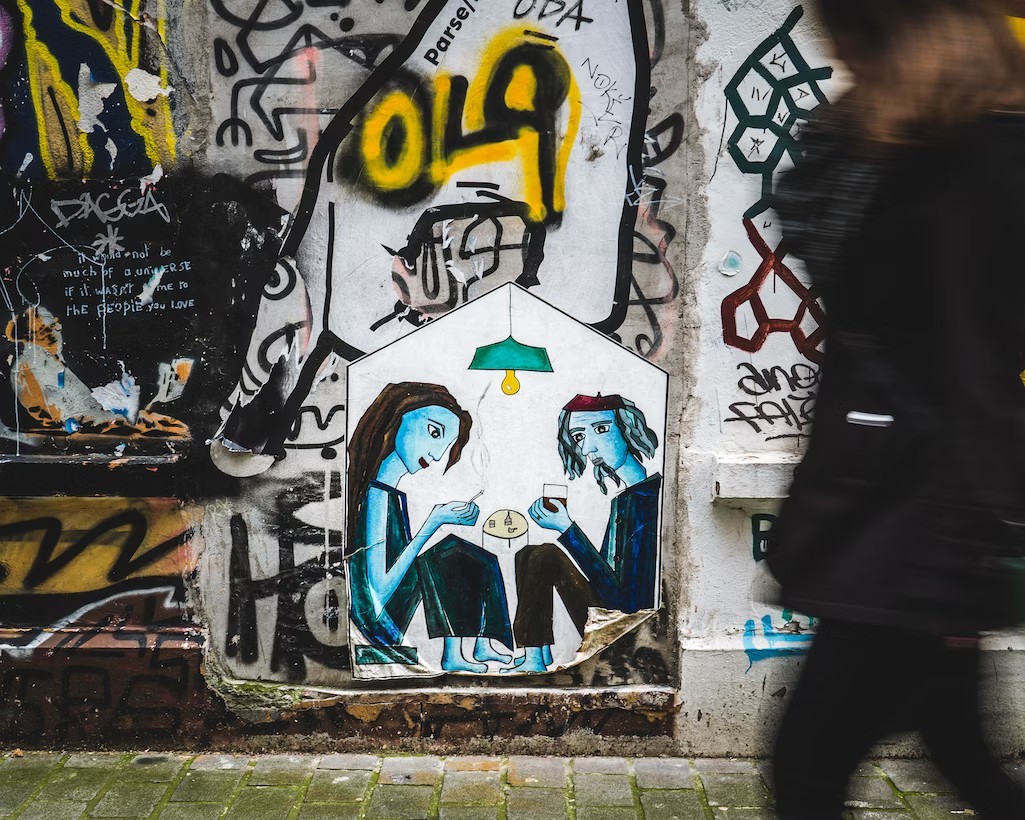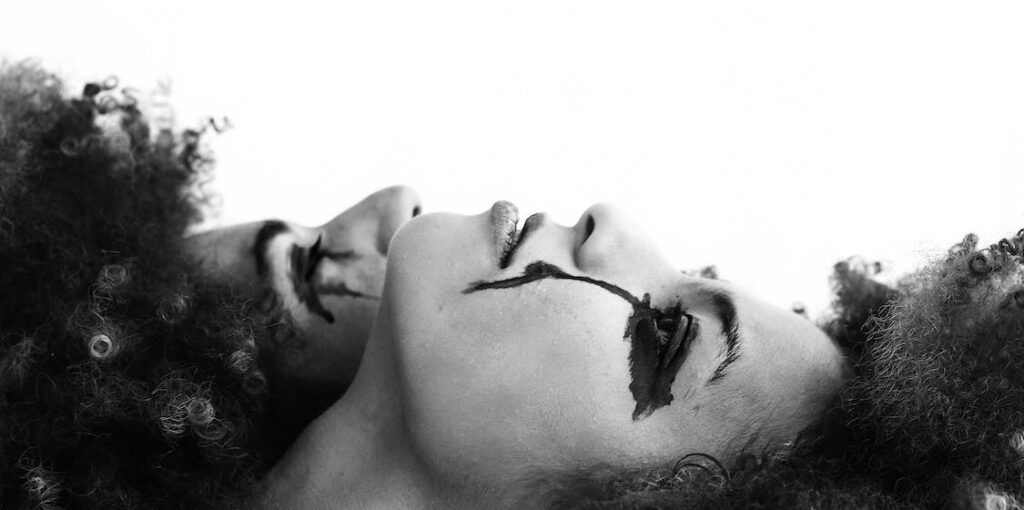Johannesburg, like many other cities throughout the world, is fighting an ongoing war against addiction. Most of us are familiar with conventional medical approaches, but we should all learn more about complementary and holistic treatments. These techniques have the potential to provide one-of-a-kind answers to your specific problems.
Addiction treatment options including group counseling, inpatient detox, and medication management are probably all familiar to you. But have you ever heard of equine-assisted therapy, art therapy, or biofeedback? These are just a few examples of holistic treatments that focus on the whole person, not just the physical symptoms of addiction.
Addiction is a complex disease, and by incorporating holistic therapies into your recovery plan, you’re recognizing this. It’s not simply a matter of being physically dependent; mental health issues, trauma, and even a lack of spiritual connection can all play a role.
Consider biofeedback as an illustration. Connecting oneself electrically to a network of sensors, one receives “feedback” about one’s bio. To get the desired effects, like suppressing appetites or easing anxiety, it aids in making minor adjustments, like relaxing particular muscles. You are, in effect, rewiring your brain to act in a new way. The therapeutic benefits of this approach can be life-changing. You may take charge of your body’s reactions to stress and desires if you have a firm grasp on how they occur.
It’s remarkable to see how healing art can be in Johannesburg’s busy art scene. Art therapy is a non-verbal means of self-expression that offers an alternative to traditional talk therapy. You can learn more about yourself and how to deal with symptoms, stress, and trauma by making and reflecting on art. The end result is less important than the journey and the emotions you experience along the way.
The Sangomas and Other Forms of Traditional Healing:
Sangomas, South Africa’s traditional healers, have a long and illustrious history. Addiction is just one of many conditions that these people employ traditional knowledge to treat. Spiritual and psychological healing, in addition to physical, may be provided by means of herbal cures, ancestral guidance, and ceremonies.
Ubuntu’s Method of Recovering:
This ancient African concept of ‘humanity to others’ is known by the word ubuntu. It can alternatively be interpreted as “I am who I am because of who we all are.” Addiction recovery can benefit from this concept. Ubuntu-based treatment may include interventions like group therapy, community participation, or a focus on communal healing, all of which emphasize the importance of community support and connection.
Initiatives in Public Art:
There has been a recent uptick in therapeutic art projects in South African townships and other communities. In Cape Town, for instance, there are programs that facilitate recovery from addiction through mural painting as a type of group therapy.
Circle Drumming:
The healing power of African drumming has been acknowledged. The therapeutic power of rhythm and community has been well documented. Reducing stress, anxiety, and tension with drumming is a powerful aid in the fight against addiction.
Treatment in the Wild:
South Africa’s varied topography makes it ideal for anyone seeking wilderness treatment. The Drakensberg Mountains, the Karoo, and the seashore all feature in therapeutic programs that make use of nature’s restorative properties. The participants in this method are immersed in natural environments in an effort to foster resilience, self-awareness, and personal development.
Yoga and Meditation Getaways:
Holistic retreats specializing in yoga, meditation, and mindfulness techniques have gained popularity in areas like the Western Cape. Stress is a primary trigger for many people who are battling addiction, and these methods help by grounding people, addressing emotional trauma, and providing strategies to cope with stress.
Help Groups in Your Area:
Not really “alternative,” local community-based support groups frequently incorporate South African traditions, storytelling, and community-centered techniques. These communities help people feel culturally connected and understood as they travel the road to recovery.
Because South Africa has such a diverse cultural terrain, there is a wealth of indigenous knowledge and practices that can be used to combat addiction. When these traditional traditions are combined with more modern ways, it results in a therapeutic strategy that is both more comprehensive and more respectful of the local culture.
Equine-assisted therapy is another option that may appear unconventional at first glance, yet it has its roots in time-honored medical practices. Your self-awareness, emotional control, and social skills will all improve as a result of your interactions with the horses at this facility. The event has the ability to provide life-changing advice.
Apart from being a melting pot of cultures and ethnicities, Johannesburg is also a prominent center for traditional types of medical practice. Have you considered the notion that local plants, meditation, or even religious rites could be used to cure addiction? These practices, which have their roots firmly established in South African customs, may be able to provide a perspective on healing that differs from the western paradigm.
Investigating holistic and alternative therapy approaches throughout your addiction recovery could have far-reaching consequences not only for your own future, but also for the destinies of many individuals around you. When you participate in different types of therapy, such as biofeedback, art therapy, or even equine-assisted therapy, you extend the scope of your whole healing experience. This type of development is not only good to you; it also demonstrates to others the many different ways they might improve.
Consider yourself in the future, when you have access to an abundance of resources. You can always switch to a new method if one does not resonate with you or appears to be lacking in some manner. This adaptive strategy ensures that your rehabilitation will not be a one-size-fits-all treatment, but rather one that is uniquely tailored to your needs. As you continue to research other treatments and share your experiences with them, you have the ability to become a champion and a beacon of hope for others by proving that there are several paths to recovery.

Incorporating holistic approaches also means that you’re not just treating the addiction; you’re addressing the underlying factors that contribute to it. Addressing past traumas, emotional disconnects, or spiritual voids can have cascading benefits in other areas of your life. As you work on your addiction, you might find that your relationships improve, your work becomes more fulfilling, and you develop a more profound sense of self.
Furthermore, by integrating traditional Johannesburg practices and therapies into your recovery, you’re forging a connection to the culture and traditions of the region. This rootedness can provide a sense of belonging and grounding, critical components in sustaining long-term recovery. You’re not only healing but also fostering a stronger sense of community, bridging the gap between ancient practices and modern-day challenges.
As more and more individuals in Johannesburg and beyond see the benefits of alternative therapies, there might be a shift in how addiction recovery is approached at a community or even policy level. Rehabilitation centers might adopt a broader range of treatments, healthcare professionals might receive training in holistic methods, and you, along with countless others, could find an environment that’s more supportive and understanding of diverse recovery paths.
Remember, each step you take in exploring these alternative treatments not only shapes your future but also potentially paves the way for others. Your journey, filled with its unique blend of treatments and therapies, could be the inspiration someone else needs to embark on their path to recovery.
Navigating the complex world of addiction recovery can feel like a labyrinth, but as you’ve discovered, there are multiple paths that can lead to healing. In the vibrant tapestry of South African culture, the blend of traditional and holistic treatments provides a diverse toolkit for you and many others on this journey. By embracing these alternative approaches, you’re not only pioneering your own path to wellness but also elevating the collective consciousness of Johannesburg and the broader South African community. It’s a testament to the resilience, adaptability, and innovation that characterizes this beautiful nation. As you continue your exploration and encourage others to do the same, always remember the words of Nelson Mandela: “It always seems impossible until it’s done.” Your recovery, through every challenge and victory, embodies this spirit of indomitable hope and possibility.

